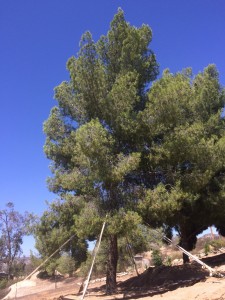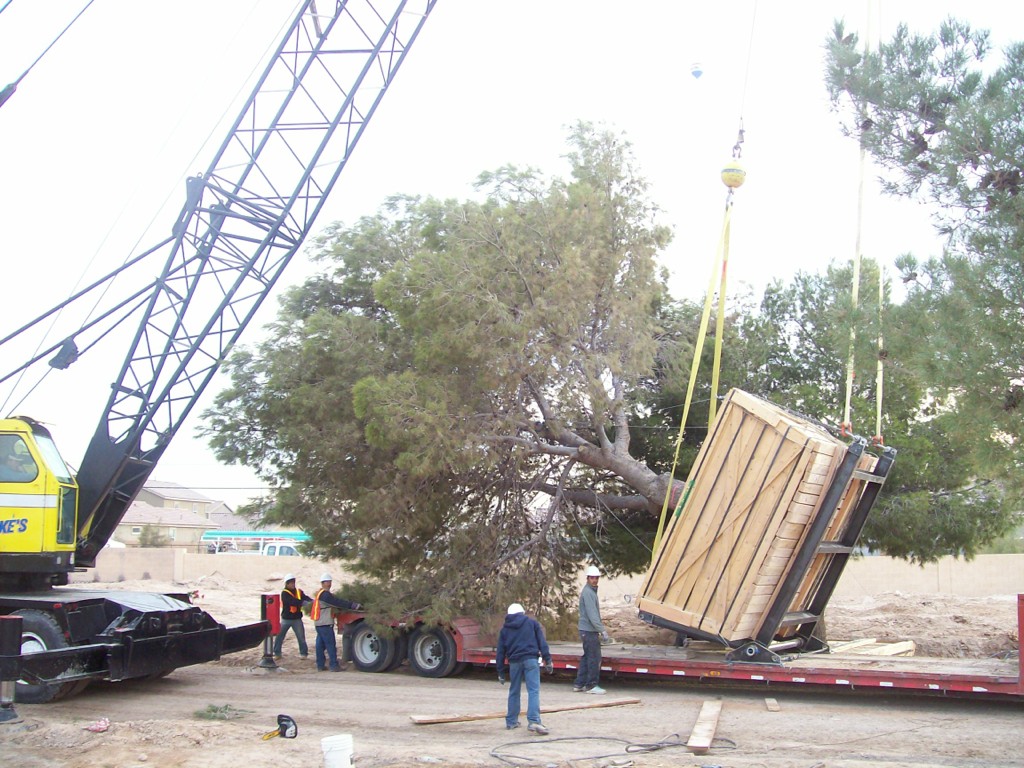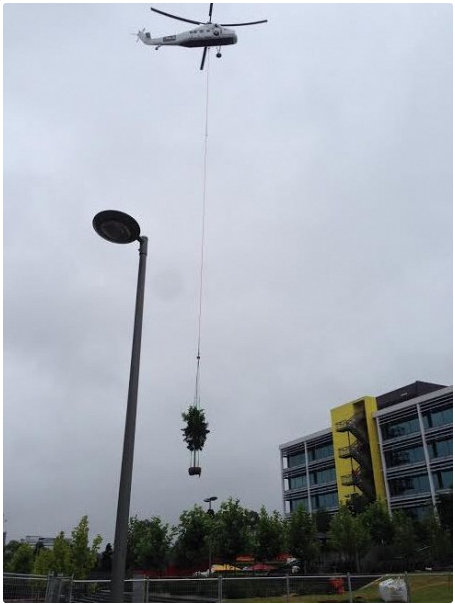At the start of Harry's second year, Harry and Ron arrived at Hogwarts in a flying Ford Anglia which crashed into the Whomping Willow.
Snape had several objections to this theatric arrival, his main one being that the boys damaged the tree:
"I noticed, in my search of the park, that considerable damage seems to have been done to a very valuable Whomping Willow,” Snape went on. “That tree did more damage to us than we—” Ron blurted out. “Silence!” snapped Snape again. ~Harry Potter and the Chamber of Secrets - Chapter 5: The Whomping Willow (emphasis mine)
The tree originally was put there to trap a student while he was in werewolf form. There is a better solution now, a potion called Wolfsbane, so the tree probably serves no purpose except occasionally whacking some first-years who wander too close, ignorant of its existence. Snape couldn't have seriously thought that damaging the tree would cause Dumbledore to expel Harry Potter, the boy wonder, the one Snape was tasked to protect.
“Well, you’re expelling us, aren’t you?” said Ron. Harry looked quickly at Dumbledore. “Not today, Mr. Weasley,” said Dumbledore. “But I must impress upon both of you the seriousness of what you have done.
"..."
Snape looked as though Christmas had been canceled. He cleared his throat and said, “Professor Dumbledore, these boys have flouted the Decree for the Restriction of Underage Wizardry, caused serious damage to an old and valuable tree — surely acts of this nature —”
~ibid (emphasis mine)
Strangely enough, Snape seems to think that these two offenses put together are severe enough to compel Dumbledore to actually expel Harry and seems disappointed that it is not so. Why is that?
One would think that the location where he was almost mauled to death by a werewolf wouldn't be so precious to Snape. The tree is a relatively new arrival, there are no long-standing Hogwarts traditions and stories about it, except Lupin's, so what makes the Whomping Willow so valuable? Was it a dig, aimed at Dumbledore for bringing dangerous things (werewolves and brutal trees) into Hogwarts?



